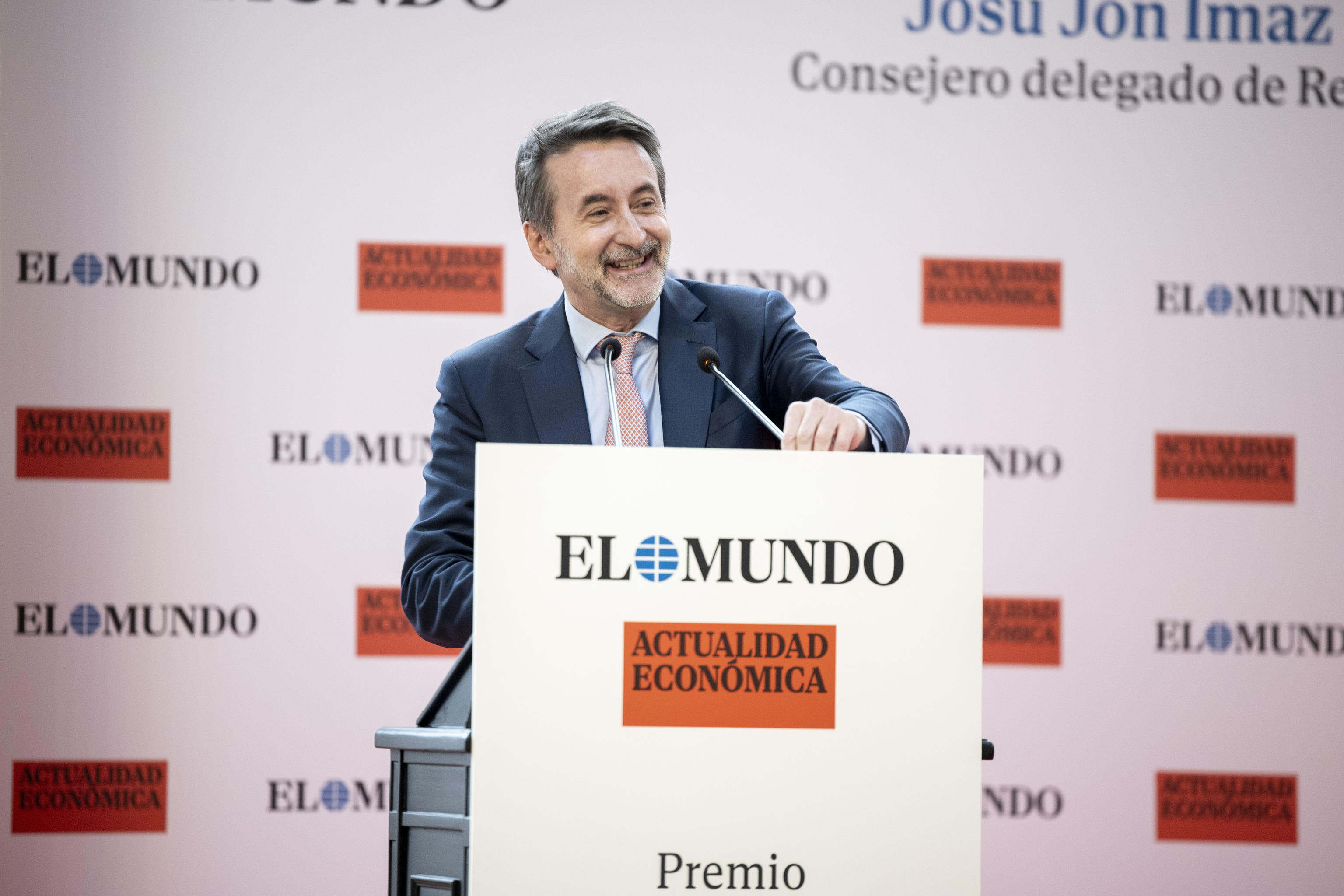Repsol has been operating in the Gulf of Mexico for over 20 years, a location that contributes around 14% of the U.S. national crude oil production and a significant volume of its natural gas. However, from now on, the Spanish oil company will no longer refer to this location as such. Recently, it has changed the name of its Gulf of Mexico subsidiary to "Gulf of America". The company led by Josu Jon Imaz is thus making a new gesture to Donald Trump, with whom they are in a tense negotiation to unlock their activity in Venezuela, by adopting the designation that the Republican Administration assigned to this location last January.
At the beginning of the year, Washington issued a national executive order to link the Gulf to the North American power, rather than Mexico as it was previously. "The Gulf will continue to play a fundamental role in shaping the future of the United States and the global economy, and in recognition of this thriving economic resource and its crucial importance to our nation's economy and its people, I order that the name be officially changed to Gulf of America," the order stated. The document gave the U.S. Secretary of the Interior 30 days to rename this point on the map and eliminate all references to its former name in the U.S. Geological Survey database.
The order does not mention private companies. Spanish tech giants like Apple, Google, or Microsoft have already adopted 'Gulf of America' as the toponym, but only in the display of their digital maps in the U.S. In the rest of the world, they maintain the traditional name or a dual designation. American oil companies like Chevron or Exxon have also implemented the change in their corporate reports and websites.
Repsol has been the first Spanish company to make a move. The change has already transcended to its organizational chart. The head of the group in this area, David Ramos, now holds the position of Repsol's Director for the Gulf of America business. The move comes within the framework of the complex negotiation it is holding with the Trump Administration to try to unfreeze its business in Venezuela after, on March 30, 2025, the permits allowing several oil companies to operate in the country were revoked.
In its latest semi-annual report, Repsol, which was producing an average of 67,000 barrels per day in Venezuela, reduced its equity exposure in the territory to 330 million euros, down from 504 million at the end of 2024. This was achieved through a provision policy, a kind of cushion to limit that accounting impact.
As this activity is subject to international sanctions, Venezuelan crude oil barrels only flow to Europe when the U.S. lifts its veto. Repsol is trying by all means to regain that privilege. The Venezuelan state has a historic debt with the oil company, leading to a curious barter relationship.
Repsol's main activity in this country is not oil, but the exploitation of gas that Venezuela consumes to power its electrical system. Since the country cannot pay for all that gas but also cannot give it up for national security reasons, Repsol is settling that debt in the form of tons of crude oil, but can only import them when the U.S. allows it.
So far this year, Repsol has implemented a strategy to approach the White House. In the first half of 2025, the company has strengthened its commitment to the United States by increasing the value of its purchases of gas by over 50%made in USA compared to the same period in 2024, as reported by EL MUNDO. This move has a dual interpretation. Geopolitically, because the tariff agreement between the European Union and Washington will force the Twenty-Seven to spend 650 billion in three years on American oil and gas. And at the corporate level, once again, because Trump holds the key to unlocking the flow of Venezuelan oil.
